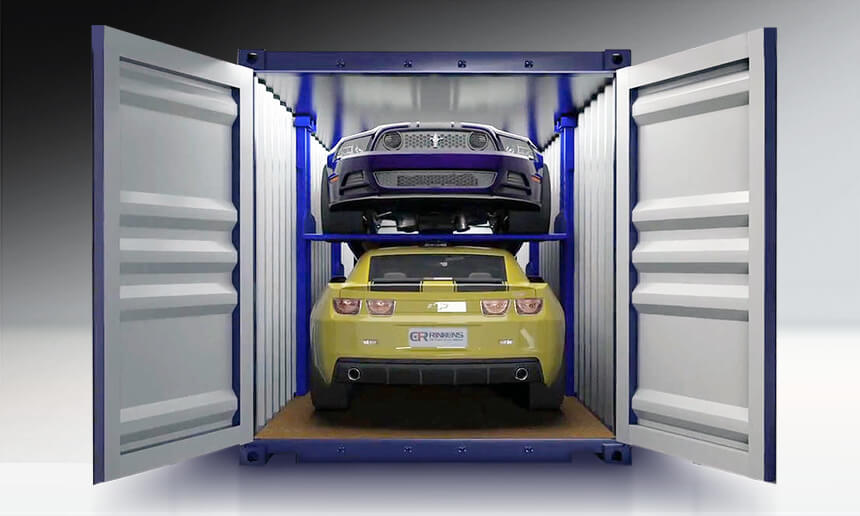The need for international vehicle transport has become increasingly common in today’s interconnected world. Whether relocating to a new country, selling a vehicle to an overseas buyer, or participating in an international event, understanding the necessary documents for smooth vehicle transport is crucial.
Navigating the complex web of regulations and requirements can be overwhelming, but with the right information, the process can be manageable and even seamless. In this blog post, you’ll find the essential documents needed for international vehicle transport.
Vehicle Title and Registration
The most fundamental document required for international car shipping California or from anywhere else in the United States is the vehicle’s title and registration. These documents prove your ownership and the legality of the vehicle. In many cases, the title must be free of liens or encumbrances, and you might need to provide a notarized copy. Always ensure that the information on the title matches the vehicle’s identification number (VIN) to avoid complications during transport.
Bill of Sale
A bill of sale is necessary to establish the transaction’s authenticity if you’ve purchased the vehicle recently. This document details the buyer, seller, sale price, and the vehicle itself. A bill of sale can be required for customs purposes and to verify the vehicle’s value.
Customs Declaration Form
When moving a vehicle across international borders, customs procedures are a critical step. You’ll likely need to complete a customs declaration form outlining information about the vehicle and its value. This form helps customs authorities assess the appropriate duties and taxes for importing or exporting the vehicle.
Emissions and Safety Compliance Documents
Certain countries have strict emissions and safety standards for vehicles. Before shipping, you might need documentation proving that your vehicle complies with these regulations. This can include emission test results, safety certifications, and modifications to meet local standards.
Proof of Insurance
While your existing auto insurance might offer coverage during transport, it’s essential to clarify the extent of the coverage. Some shipping companies might require specific insurance coverage for the duration of the transport. Having proof of insurance protects your investment and helps in case of any unexpected events during transit.
Photo Documentation
Visual records of your vehicle’s condition before shipping can be incredibly valuable. Take detailed photos of all angles, including any existing scratches, dents, or other imperfections. This documentation can serve as evidence if any damage occurs during transport.
Passport and ID
For both the shipper and the recipient of the vehicle, valid passports or identification documents are necessary. These documents are required for customs clearance and to verify the identities of the individuals involved in the transaction.
Power of Attorney
In some instances, you may not be present for the vehicle’s shipping or delivery. In such cases, a power of attorney document allows a trusted representative to act on your behalf. This document grants them the authority to make decisions and sign necessary paperwork related to the transport.
Import/Export Permits
Depending on the destination country, import or export permits might be required for vehicles entering or leaving the country. These permits outline the terms and conditions under which the vehicle can cross the border and are often issued by the respective transportation authorities.
Destination Country’s Regulations
Research the specific regulations of the destination country regarding vehicle import. Some countries have specific restrictions on vehicle age, emissions standards, and safety requirements. Failing to comply with these regulations can result in delays, additional fees, or even refusal of entry for your vehicle into the country.
Final Thoughts
Ultimately, international vehicle transport demands a comprehensive understanding of the documents necessary to ensure a smooth shipping process. From ownership verification to customs clearance and compliance with local regulations, each document serves a crucial role in facilitating the secure transportation of your vehicle.
As regulations can vary greatly from country to country, it’s essential to do thorough research and consult with experts in the field to navigate the complexities successfully. By assembling all the required documents and staying informed about the destination country’s guidelines, you can ensure your vehicle reaches its international destination without unnecessary setbacks.





Be First to Comment